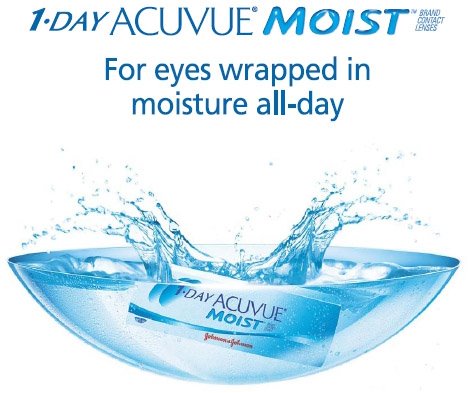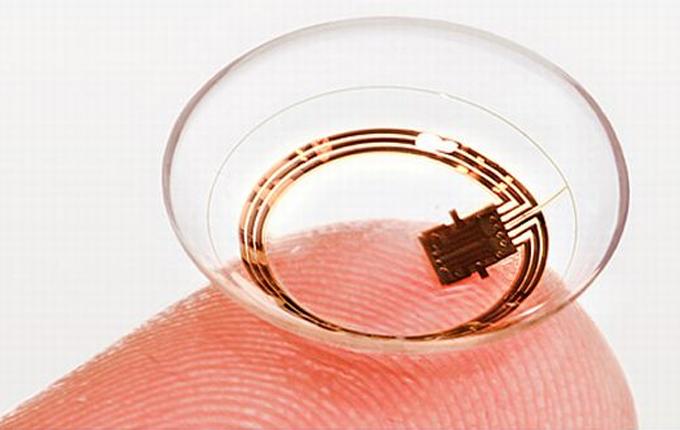Water may be the stuff of life but it is definitely not a friend to your contact lenses. And since summer is the season of beaches and swimming pools, here are some important guidelines for contact lens-wearing swimmers who want to avoid unnecessary complications. The safest option is to resist the temptation to swim when you have your contacts on, according to a list of tips compiled by AllAboutVision.com. Any water is bad for contact lenses, including the kind that… Read More ➝
You like the idea of wearing contact lenses but shudder at the thought of putting them on every morning and taking them off every night? The solution to your problem could be extended wear contact lenses, which can be worn from seven to 30 days without removal. As EyeHealthWeb.com explains in its article on the subject, extended wear soft contact lenses are made from hydrophilic polymeric materials that are highly oxygen permeable. As a result, more oxygen reaches the cornea,… Read More ➝
Contact lenses have proved very useful for helping people with certain conditions other than visual impairment. Thanks to an international team of researchers, it may become possible for diabetics to track their blood sugar levels with the help of bionic contact lenses. Led by Sergey Shleev from Malmo University in Sweden, the team has created a fuel cell powered by tears, the Royal Society of Chemistry (RSC) reports on its website. According to the researchers, their cell could provide the… Read More ➝
A team comprising US and Swiss researchers has created a prototype contact lens that works in conjunction with special glasses to achieve magnification of 2.8 times. The system has been designed to help people with severe vision impairment as a result of age-related macular degeneration (AMD), the BBC has reported. The central part of the contact lens allows light to pass through for normal vision. The ring around this area enables telescopic vision through minuscule aluminium mirrors that reflect light… Read More ➝
Even people without any vision problems in their younger years are likely to develop presbyopia later in life. It is estimated that almost 1.7 billion around the world are affected by presbyopia and their number is expected to reach 2.1 billion by the end of the decade. However, very few people talk to their eye care practitioners about changes in eyesight that may be the result of presbyopia. This means that only a very small number of patients are aware… Read More ➝
Everyone knows that special care needs to be taken during the summer to protect the skin from dangerous sun rays, most notably UV rays. However, it may come as news to many that it is equally important to protect the eyes from those rays. For contact lens wearers, this means getting lenses with UV protection, FoxNews.com reports. In an e-mail to the news portal, Dr Karl Citek explained that UV rays can cause both short-term and long-term damage to the… Read More ➝
Patients who experience difficulties with their soft contact lenses can benefit from switching to daily disposable lenses, Healio has reported, citing the findings of a Vistakon study. The results were announced at the recent meeting of the the Association for Research in Vision and Ophthalmology. According to Vistakon, daily disposables result in better compliance, ease of use and comfort for people who encounter problems with wearing soft contact lenses. Vistakon enlisted 611 lens wearers for its study, asking them to… Read More ➝
How do you like the idea of scanning data and taking pictures with your contact lenses? It may sound like something out of a sci-fi book or film but such lenses already exist thanks to the hybrid electrode developed by Korean scientists from the Ulsan National Institute of Science and Technology (UNIST). As with every new invention, it may take a while to commercialise, but the leader of the research team, Professor Jang-Ung Park, believes that the hybrid structure has… Read More ➝



